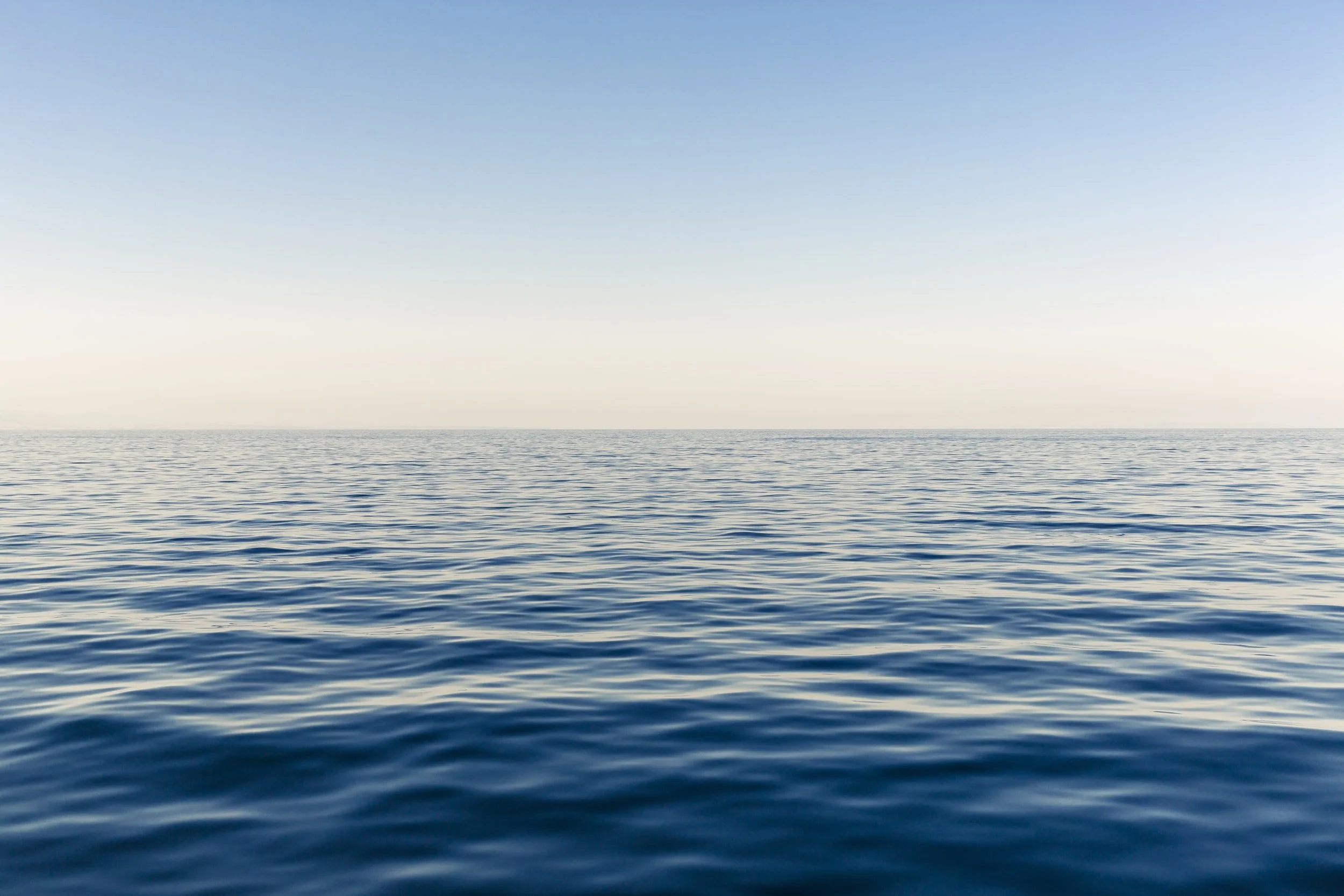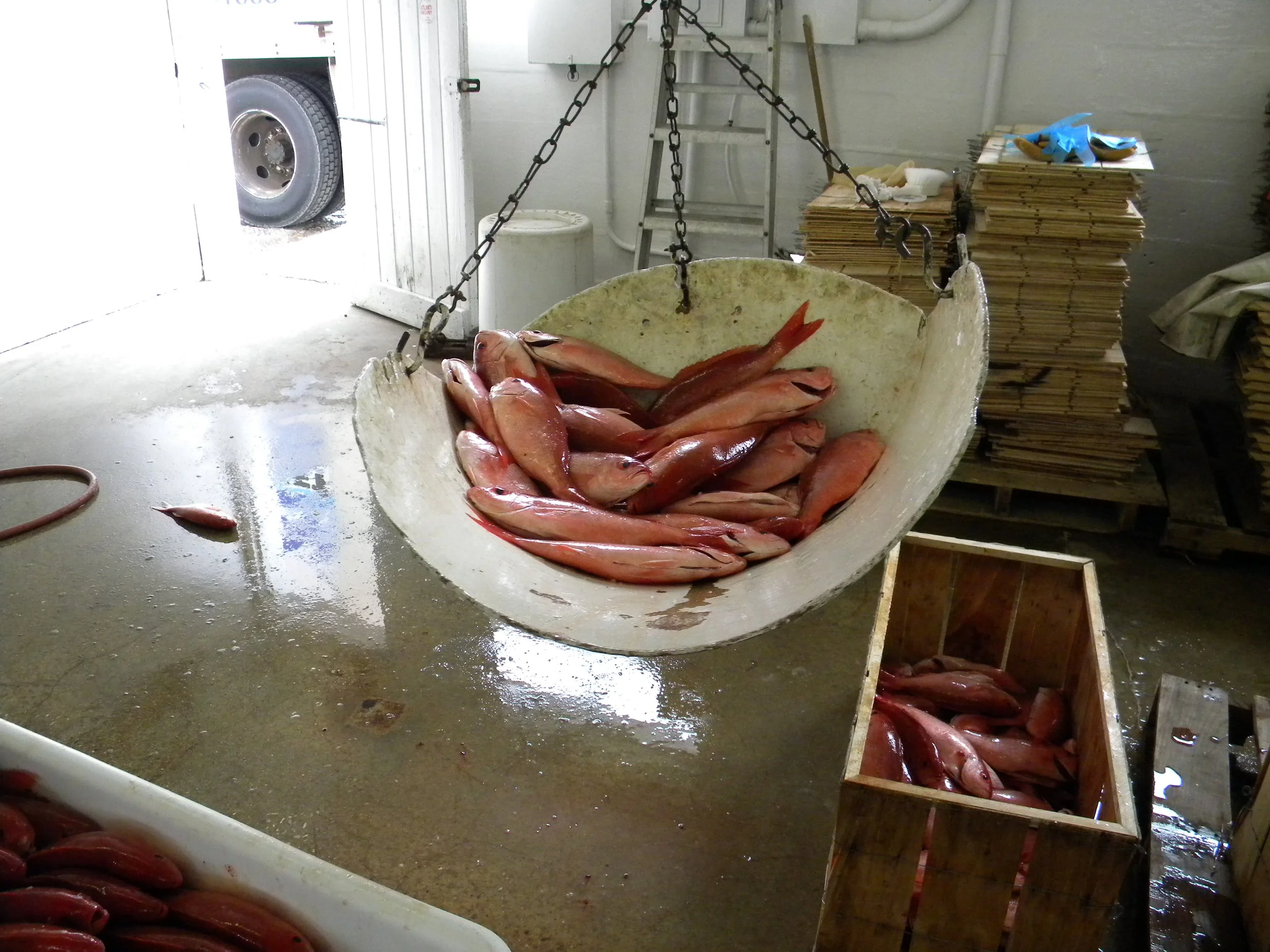SAFA CALLS IMPROVEMENTS IN DATA AND SCIENCE AND THE DEVELOPMENT OF LIMITED ACCESS PRIVILEGE PROGRAMS CRUCIAL FOR SUSTAINABILITY AND ECONOMIC VIABILITY OF FISHERIES IN THE SOUTH ATLANTIC
March 13, 2013. Charleston, SC. — In connection with a House Natural Resources Committee hearing on the reauthorization of the Magnuson-Stevens Fishery Conservation and Management Act (MSA), the South Atlantic Fishermen's Association (SAFA) today filed a statement calling for Congress to improve data collection and science for fisheries by working more collaboratively with fishermen.
SAFA also encouraged Congress to maintain catch shares, which have proven successful in many fisheries around the country, as a management tool for use in federal fisheries.
"Much of the criticism of fisheries management relates to the quantity and quality of data and science used by managers," said Matt Ruby, a commercial fisherman that serves as president of SAFA. "Science and data questions have led to mistrust of the regulators by fishermen, concerns about the reliability of established catch limits, and in many cases, these questions have led to bad management decisions."
According to SAFA, the reauthorization of the MSA provides an opportunity for Congress to address some of these data and science issues by leveraging the resources of fishermen. SAFA also offered to work with the National Ocean and Atmospheric Administration/National Marine Fisheries Service on methods to improve data collection in the region.
"Good data and good science are critical to ensuring a vibrant fishing industry and to conservation of the resource for the future," said Ruby.
Additionally, SAFA called on Congress to continue permitting regional fishery management councils to utilize limited access privilege programs, commonly referred to as catch shares, as a management tool for federal fisheries.
"Catch shares have been in existence in U.S. fisheries for decades, and have proven to be an effective tool for managing many federal fisheries," said Ruby. "Unfortunately, some in Congress have attempted to eliminate their use as a management tool. SAFA is opposed to such efforts and urges Congress to maintain catch shares as a management tool in any reauthorization of the MSA."
SAFA believes that improvements in data and science and the development of limited access privilege programs for the commercial fisheries in the South Atlantic are needed to help ensure the sustainability and economic viability of fisheries in the region.
* * * * *
SAFA is comprised of fishermen and seafood lovers from North Carolina to the Florida Keys that are committed to strong fishing communities; fresh, local, sustainable seafood; and connecting seafood lovers and businesses with local fishermen. The organization is working to protect the Southeast's fishing heritage by advocating for sustainable year-round fishing rules, collecting better fishery science, and connecting consumers and businesses with fishermen to improve the abundance and accessibility of local seafood.
A copy of the full statement for the record can be found here.






